Introduction:
Childhood bone cancer is a rare but serious condition that can affect young children and adolescents. At Pinnacle Orthocentre Hospital, we understand the significance of early detection and comprehensive treatment for pediatric bone cancer.
Our expert team of healthcare professionals is dedicated to providing the best possible care to young patients and their families.
What is Childhood Bone Cancer?
Childhood bone cancer, also known as pediatric bone cancer, refers to the abnormal growth of cancerous cells within the bones of children and adolescents. Though rare, it can be a life-threatening condition that requires prompt medical attention and specialized treatment.
Types of Childhood (Pediatric) Bone Cancer
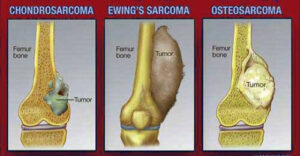
There are several types of bone cancer that can affect children, but the most common ones include:
- Osteosarcoma in Children
Osteosarcoma is the most prevalent form of bone cancer in children and adolescents. It typically develops in the growing areas of the bone, such as near the knee, and can quickly spread to other parts of the body.
- Ewing Sarcoma
Ewing sarcoma is another type of bone cancer that primarily affects children and adolescents. It often arises in the long bones, ribs, or pelvic bones and may also spread to other tissues.
- Chondrosarcoma in Children
Chondrosarcoma is a rare type of bone cancer that usually affects older adolescents. It develops in the cartilage cells of the bones and can be less aggressive than other forms of pediatric bone cancer.
Causes of Pediatric Bone Cancer:
The exact causes of childhood bone cancer are not fully understood, but several factors may contribute to its development, including:
- Genetic factors and hereditary conditions
- Environmental triggers and exposure to radiation
- Underlying medical conditions or genetic syndromes
Symptoms of Bone Cancer in Children:
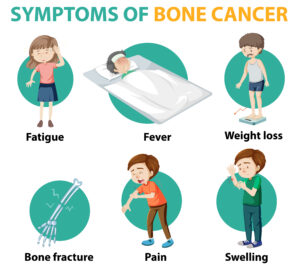
Recognizing the signs and symptoms of bone cancer in children is crucial for early diagnosis and effective treatment.
Some common symptoms include:
- Persistent pain and swelling in the affected area.
- Bone fractures occurring without significant trauma.
- Limping or difficulty in movement
- Fatigue and unexplained weight loss
- Fever and night sweats
Diagnosis of Bone Cancer in Children
At Pinnacle Orthocentre Hospital, our experienced team uses advanced diagnostic techniques to accurately diagnose pediatric bone cancer.
The diagnosis may involve:
- Thorough physical examination and medical history review
- Imaging tests, such as X-rays, MRI, and CT scans, to visualize the affected bones.
- Biopsy procedure to obtain a tissue sample for definitive diagnosis.
- Laboratory tests and biomarker analysis to understand the cancer’s characteristics.
Bone Cancer Treatment Hospital in Thane
Pinnacle Orthocentre Hospital is a leading center for bone cancer treatment in Thane. Our hospital is equipped with state-of-the-art infrastructure and cutting-edge technology to provide the best possible care for young patients.
Treatment Options for Pediatric Bone Cancer
Our multidisciplinary team collaborates to create personalized treatment plans based on each child’s unique condition.
Treatment options for pediatric bone cancer may include:
- Surgical intervention, such as limb-salvage surgery or amputation in severe cases
- Chemotherapy, which may involve neoadjuvant and adjuvant therapy, as well as targeted therapy.
- Radiation therapy, using advanced techniques to target cancer cells while minimizing damage to healthy tissue.
Best Bone Tumor Treatment in Thane West
Pinnacle Orthocentre Hospital takes pride in its expertise in bone tumor treatment. Our dedicated team of specialists and high success rates make us the preferred choice for families seeking the best care for their children.
Supportive Care and Rehabilitation
We understand the challenges children with bone cancer and their families face, and we provide comprehensive supportive care, including:
- Pain management strategies to improve the quality of life.
- Physical therapy and rehabilitation to restore mobility and function.
- Emotional and psychosocial support to cope with the emotional impact of the diagnosis.
Follow-up and Survivorship
At Pinnacle Orthocentre Hospital, we emphasize the importance of long-term follow-up care for pediatric bone cancer survivors. Regular monitoring helps detect any signs of recurrence and manage late effects of treatment.
We also offer survivorship programs to support patients beyond their cancer journey.
Conclusion:
Childhood bone cancer requires specialized care and attention, and Pinnacle Orthocentre Hospital is committed to providing the best treatment options for young patients. Trust our expert team to deliver comprehensive and compassionate care for pediatric bone cancer.
Contact us for a consultation and assistance tailored to your child’s needs.

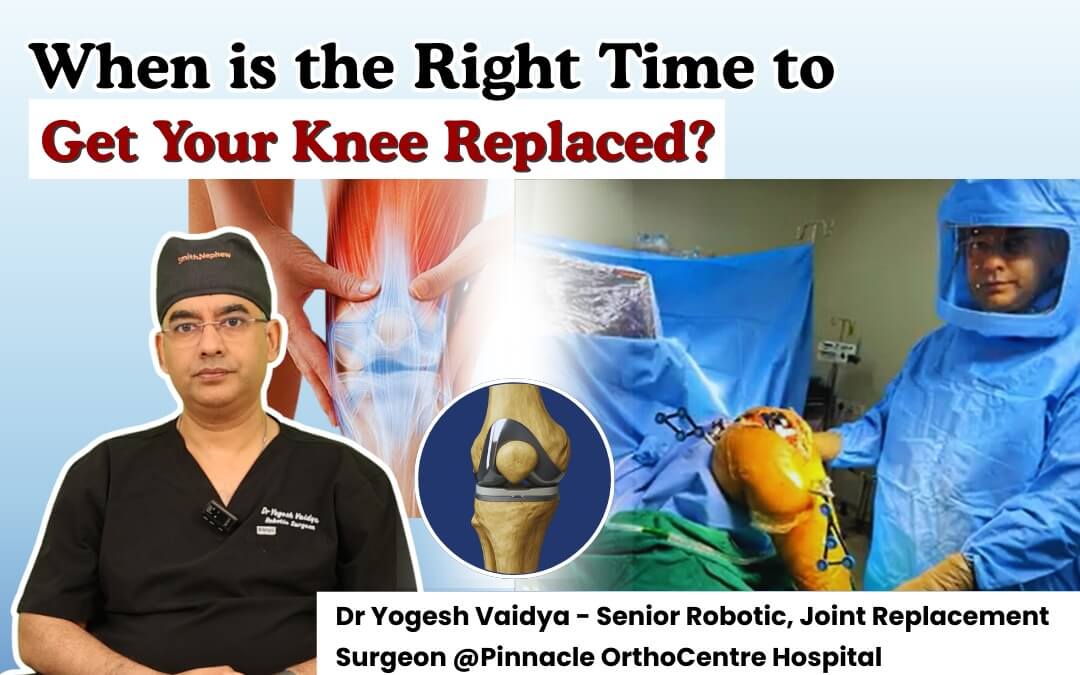
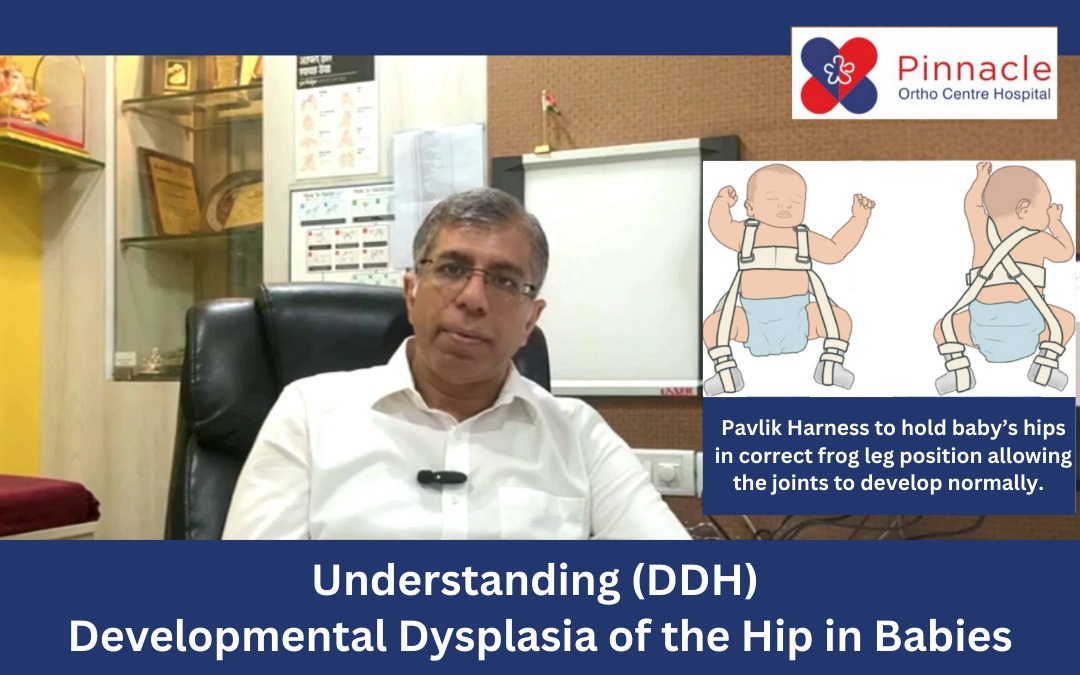

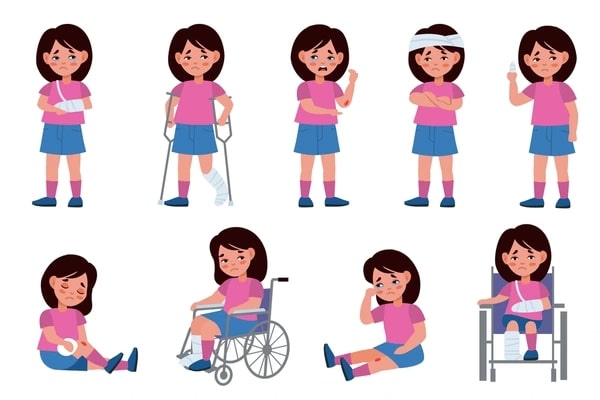
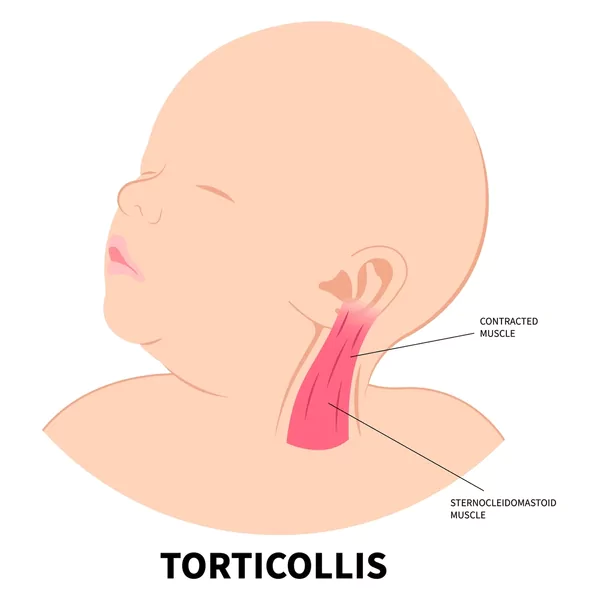
0 Comments